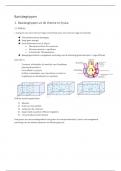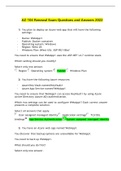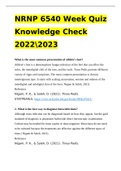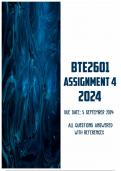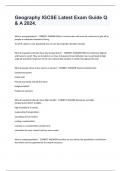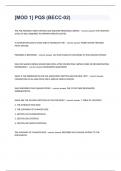Samenvatting
Inleiding in de sociologie (SAMENVATTING BOEKEN)
- Instelling
- Erasmus Universiteit Rotterdam (EUR)
- Boek
- Our Social World
De samenvatting behandeld klassieke sociologische theorieen en denkers aan de hand van het boek "Ballantine J.H. & Roberts K.A. (2016) our social world: introduction to sociology. 6th edition. Thousand Oaks, California: Pine Forge Press".
[Meer zien]






